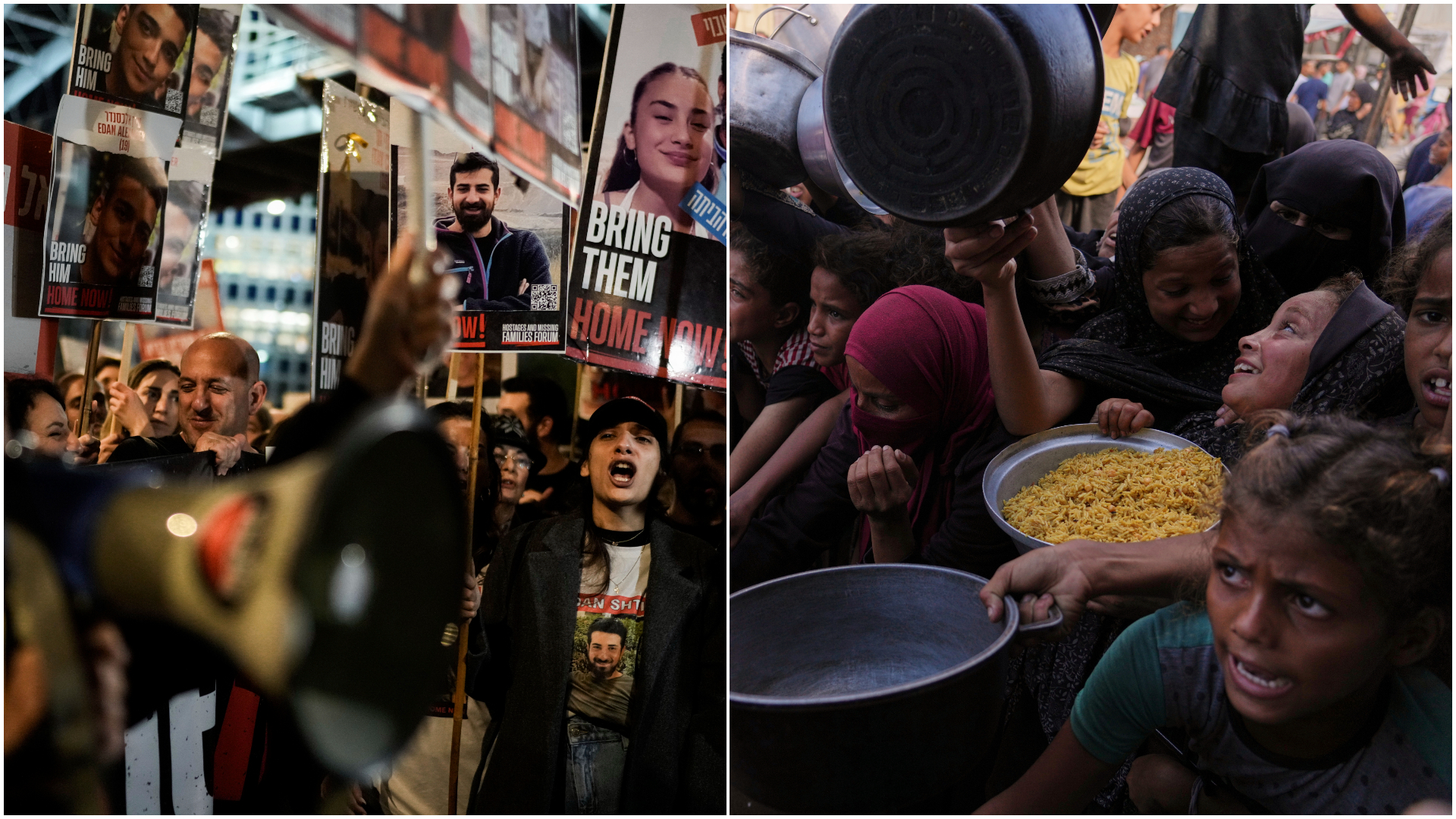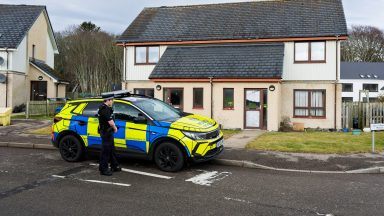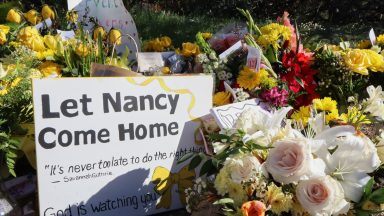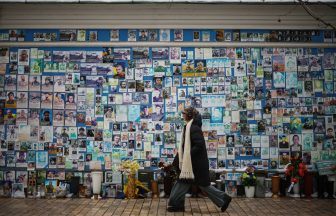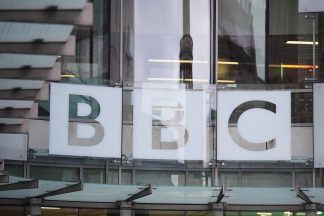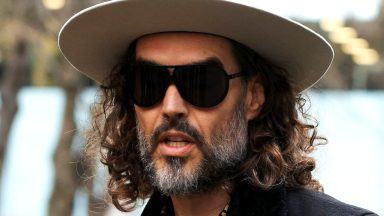Two years after the October 7 Hamas attacks and the horrors of the ensuing war, the Israeli-Palestinian conflict remains the focal point of international discussion, but now with a renewed push for peace.
The Hamas-led attack on southern Israel in 2023 killed some 1,200 people, while 251 others were abducted.
The majority of hostages have been released in previous pauses in fighting, but Hamas is still believed to be holding 22 hostages and the bodies of a further 26.
Families and communities across the world have continued to press the Israeli government for bold action to retrieve the remaining hostages.
In the 24 months that followed the fateful date, Israel has exacted a brutal retaliatory offensive against Hamas and the people of Gaza.
More than 64,000 Palestinians have been killed in Gaza since the beginning of the conflict, according to the Hamas-controlled health ministry.
Beyond the immediate war deaths, the humanitarian collapse in Gaza is profound.
Years of blockade, bombardment and restricted access have brought Gaza to the brink of famine and systemic health breakdown.
Large swathes of Gaza’s population have been uprooted multiple times and many live in overcrowded shelters or tent camps.
Access to clean water is limited, sewage infrastructure is failing and electricity is frequently unavailable.
Food insecurity is pervasive, and families live on rations due to sporadic aid deliveries and heavily constrained distribution of services.
Hospitals have been left in crisis as shortages of medicines, equipment, fuel, and staff have made it difficult to meet the influx of patients.
As the world reflects on the two-year war, negotiators are once again converging to broker a ceasefire, partial withdrawal and prisoner-hostage exchange.
Despite several previous attempts to secure some semblance of peace, talks and temporary deals have consistently collapsed.
But on Tuesday, delegates from Israel, Gaza and the US will meet for a second day in Egypt to discuss the 20-point peace plan devised by President Donald Trump.
Ahead of the talks, Hamas said on Sunday that its delegation had arrived in Sharm el-Sheikh and would work towards a ceasefire, the withdrawal of Israeli forces and a prisoner exchange.
It did not mention conceding governance in the enclave, one of the key pillars of the US deal.
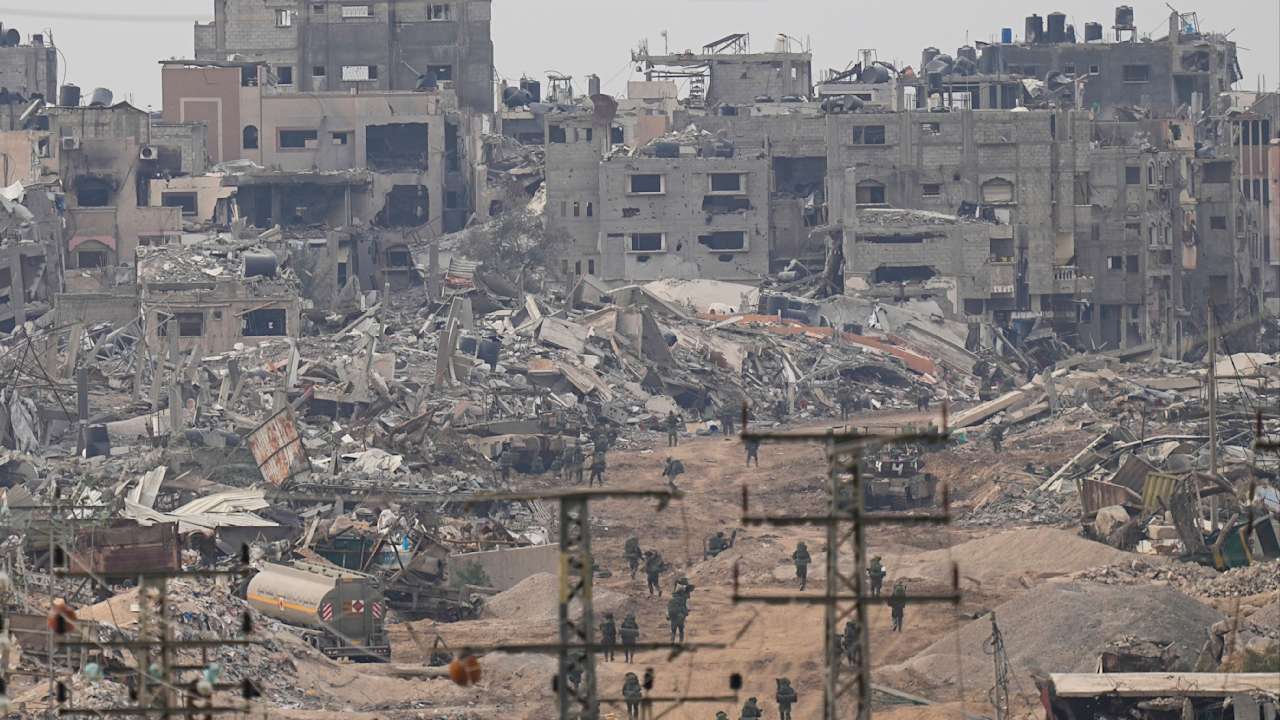
Israeli Prime Minister Benjamin Netanyahu has expressed optimism that all hostages will be released within days.
On Monday, both sides talked for several hours, with an Egyptian official claiming both parties have agreed on most of the first-phase terms, which include the release of hostages and establishing a ceasefire.
Since Hamas agreed to consider the US-led proposal, Trump has repeatedly asked Israel to stop bombing Gaza while the negotiations were underway.
But Israel has continued to launch numerous strikes over the past few days. At least 19 people were killed during the bombardment of Gaza on Monday.
Several memorial events are being held in Israel on Tuesday to mark the second anniversary of the conflict, with pictures of victims of the attack and flowers lining the border communities.
Daniel Lifshitz, grandson of hostage Oded, who died, and released hostage Yocheved Lifshitz, is taking part in some of the vigils happening throughout the week.
“Israel will pay painful concessions by releasing mass murderers and terrorists that killed many among our friends and families here in Israel, but we cherish life and in Trump we trust to make it happen,” said Lifshitz.
Official commemorations are expected to happen on October 16, in line with the Hebrew calendar, including a ceremony at Mount Herzl in Jerusalem.
This year, October 7 coincides with the Jewish holiday of Sukkot, meaning many private and communal memorials were either held in advance or postponed.
Follow STV News on WhatsApp
Scan the QR code on your mobile device for all the latest news from around the country


